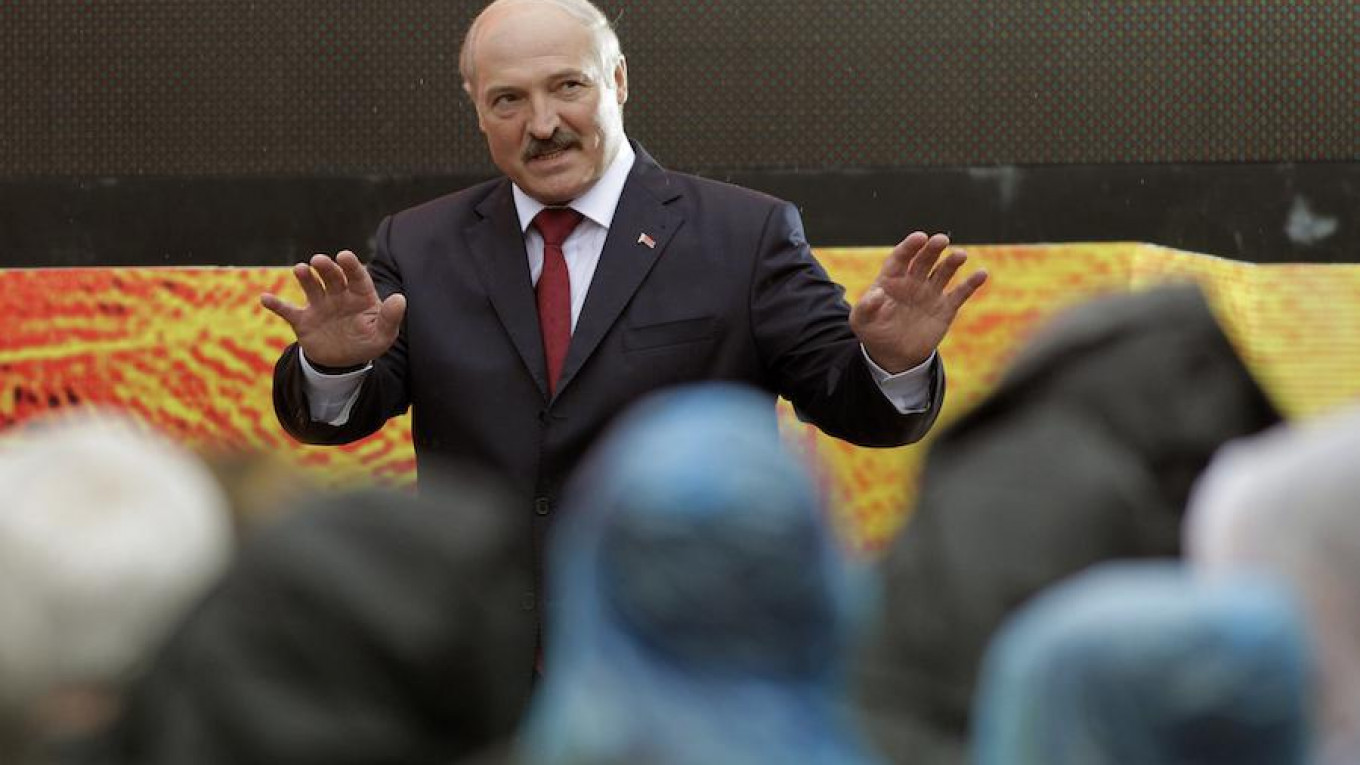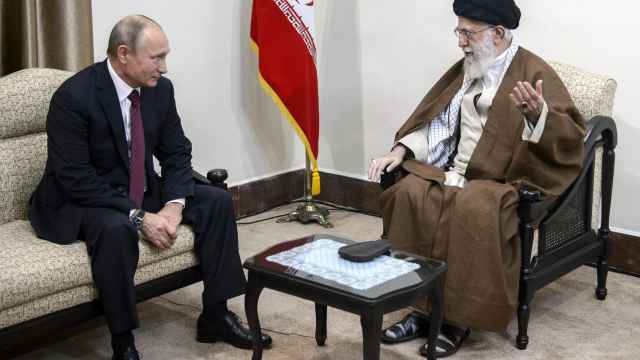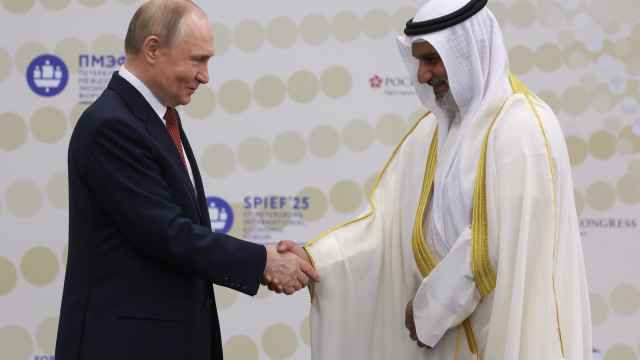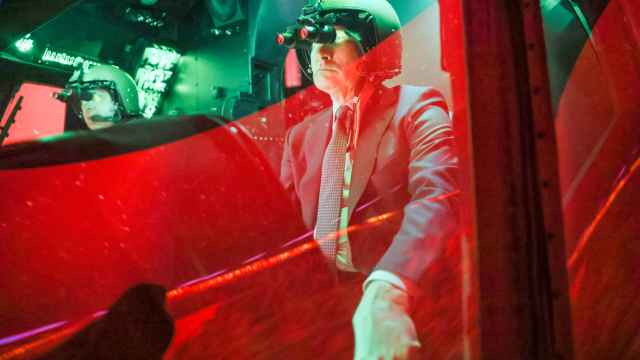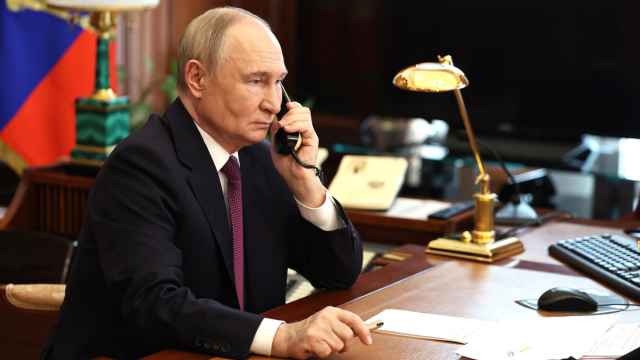With the economy in decline, and the state unable to maintain a Soviet standard of living, Belarusian President Alexander Lukashenko has been compelled to make limited concessions to disgruntled citizens.
He is prepared to repeal the so-called “decree on parasites” that has aroused so much indignation and sparked the first mass protests in Belarus since the elections in 2010.
On Thursday, Lukashenko announced the suspension of a so called “law against social parasites,” issued in April 2015 “On the prevention of social dependency.” According to the law, citizens who have not worked or paid taxes for more than six months must pay a fee of 460 Belarus rubles ($250). It was a small sum, but large enough that thousands of people were upset by the mere fact that the authorities considered them parasites.
Mass protests broke out. Approximately 3,000 people rallied in Minsk demanding the decree be repealed. Crowds of several hundred demonstrated in Gomel, Brest, Mogilev, and Bobruysk. For the first time in many years, the authorities met with protestors and listened to their demands.
On March 9, Lukashenko announced that he would not rescind the decree, but would suspend the required fee for one year. Those who paid the fee last year can request a refund. The Belarusian president spoke of the protestors in unexpectedly accommodating terms and promised to take officials to task for unfairly labeling anyone a parasite. “The list should be verified…and God forbid you offend even a single person,” he told officials.
Part of the reason for the backtracking is the ineffectiveness of the decree itself: Belarusian analysts doubt that the fee will even offset the cost of collecting it. Lukashenko has announced his intention to establish a dialogue between the authorities and citizens and indicated that activists could gather in specially designated areas to present their demands to the authorities.
Belarusian analysts doubt that the fee will even offset the cost of collecting it
The worsening economic situation has forced Lukashenko to soften his tone and the authorities to show greater tolerance toward what by Belarusian standards are mass protests.
According to Timofei Bordachev of the Higher School of Economics in Moscow, the conflict between Minsk and Moscow — and particularly the 40 percent reduction in the supply of petroleum products in 2016 — has made it difficult for Belarusian leaders to maintain the social contract by which they used revenues derived from the country’s special relationship with Russia to preserve the Soviet way of life.
Lukashenko is not accustomed to acting under pressure from citizens and must now make concessions that are not always well considered.
A Message from The Moscow Times:
Dear readers,
We are facing unprecedented challenges. Russia's Prosecutor General's Office has designated The Moscow Times as an "undesirable" organization, criminalizing our work and putting our staff at risk of prosecution. This follows our earlier unjust labeling as a "foreign agent."
These actions are direct attempts to silence independent journalism in Russia. The authorities claim our work "discredits the decisions of the Russian leadership." We see things differently: we strive to provide accurate, unbiased reporting on Russia.
We, the journalists of The Moscow Times, refuse to be silenced. But to continue our work, we need your help.
Your support, no matter how small, makes a world of difference. If you can, please support us monthly starting from just $2. It's quick to set up, and every contribution makes a significant impact.
By supporting The Moscow Times, you're defending open, independent journalism in the face of repression. Thank you for standing with us.
Remind me later.



